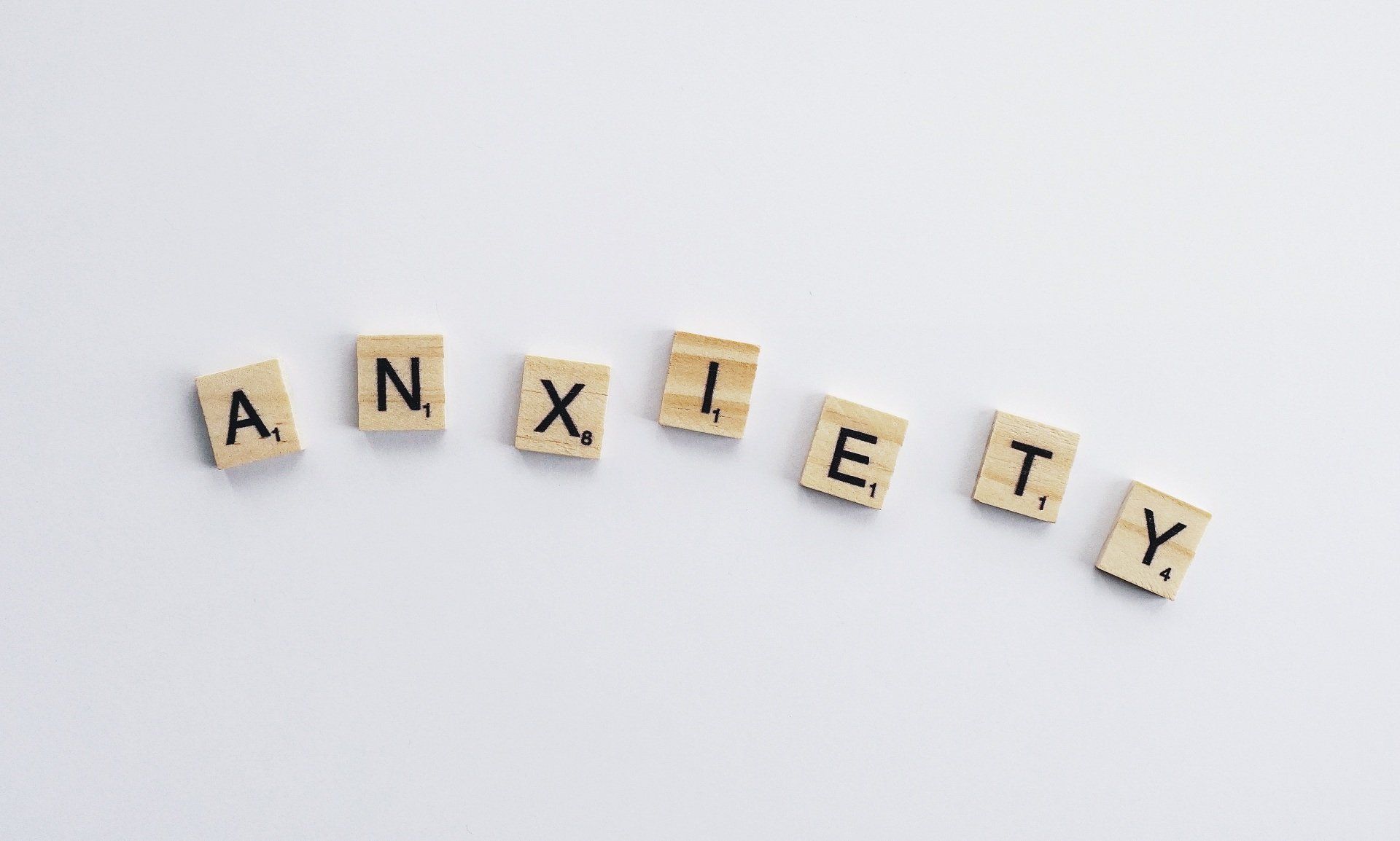Available By Appointment To Offer Zoom, Skype and FaceTime Sessions
9 Tips for Choosing a Qualified Hypnotherapist
Choosing a hypnotherapist can be a daunting task, but it's important to select someone who is qualified and experienced to ensure you get the best possible care. Here are 9 tips to help you choose a qualified hypnotherapist:
1. Make Sure Your Hypnotherapist Is Licensed and Insured
When you are looking for a hypnotherapist, there are some important things to keep in mind.
First and foremost, you want to make sure that your hypnotherapist is licensed and insured. This will protect you in case anything goes wrong during the session. Second, you want to make sure that the hypnotherapist has experience treating the specific problem that you are dealing with. And finally, you want to make sure that you feel comfortable with the hypnotherapist. This is important because if you don't feel comfortable, it will be much harder to relax and enter into a state of hypnosis.
If you keep these things in mind, you will be sure to find a qualified and professional hypnotherapist who can help you achieve your desired results.
2. Ask About the Therapist’s Training and Experience With Hypnosis
Choosing a qualified hypnotherapist is an important decision. Hypnosis can be an effective tool for helping people overcome negative patterns and behaviors, but it’s important to make sure you choose a therapist who is properly trained and experienced in using hypnosis. When you’re considering a therapist, be sure to ask about their training and experience with hypnosis.
A qualified therapist will have undergone extensive training in both the theory and practice of hypnosis and will have experience treating a variety of conditions. They should also be able to provide you with references from satisfied clients.
Don’t hesitate to ask questions about a therapist’s qualifications and experience; it’s important to make sure you feel comfortable and confident with your choice before you begin treatment.
3. Find Out if the Therapist Specializes in Treating Anxiety or Any Other Specific Conditions
When choosing a hypnotherapist, it is important to find someone who specializes in treating anxiety or any other specific conditions you may be struggling with. This is because different therapists use different techniques, and some may be more effective for certain conditions than others.
It is also important to make sure that the therapist you choose is certified and has experience helping people with your particular condition. You can ask for recommendations from your doctor or mental health professional, or look for online reviews. Once you have found a qualified therapist, you can schedule a consultation to see if hypnotherapy is right for you.
4. Ask How Long the Therapist Has Been Practicing
When you are looking for a qualified hypnotherapist, one of the questions you should ask is how long the therapist has been practicing. This is important for several reasons.
First, experience matters when it comes to providing effective treatment. A therapist who has been practicing for many years is likely to have a deeper understanding of the human mind and be better able to tailor the treatment to individual needs. Second, a more experienced therapist is likely to have a larger network of contacts and be able to refer you to other specialists if needed. Finally, an experienced therapist is likely to be more flexible in their approach and be able to adapt the treatment to changing circumstances.
So, when you are looking for a qualified hypnotherapist, be sure to ask about their experience. It could make all the difference in the effectiveness of the treatment.
5. Review the Therapist’s Treatment Approach and Find Out if It Matches Your Needs
If you are considering hypnotherapy as a treatment option, it is important to choose a qualified practitioner. While there are many qualified hypnotherapists out there, not all of them will be a good fit for you. When you are reviewing potential therapists, take the time to find out about their treatment approach and whether or not it matches your needs.
If you are looking for a specific type of hypnotherapy, such as regression therapy or hypnosis for childbirth, make sure that the therapist you choose specializes in that area. It is also important to find out if the therapist has any experience treating people with your particular issue. By taking the time to research potential therapists, you can be sure to find one who is a good fit for you and your needs.
6. Check to See if the Therapist Offers a Free Initial Consultation
If you're considering hypnosis to help you overcome a bad habit or manage a chronic condition, you want to find a qualified therapist who can help you achieve your goals. One way to weed out unqualified therapists is to check to see if they offer a free initial consultation.
A good therapist will be happy to answer any questions you have about hypnosis and how it can help you. They should also be able to put your mind at ease about any concerns you have about the process. During the consultation, pay attention to whether the therapist seems truly interested in helping you and whether they seem like someone you would be comfortable working with.
If not, move on to another therapist. With so many qualified therapists out there, there's no need to settle for less than the best.
7. Ask for References From Past Clients
One of the best ways to choose a qualified hypnotherapist is to ask for references from past clients. A reputable hypnotherapist will be happy to provide you with a list of references upon request. When contacting references, be sure to ask about their overall experience with the hypnotherapist, as well as the specific results they were able to achieve.
If possible, try to speak with someone who has experience with the same issue that you are hoping to address in therapy. For instance, if you are seeking help for weight loss, it would be beneficial to speak with a reference who was also trying to lose weight. By doing your research and speaking with references, you can be confident that you are choosing a qualified hypnotherapist who can help you achieve your goals.
8. Get To Know the Therapist Before Committing to Treatment
When considering hypnotherapy as a treatment option, it is important to choose a qualified therapist who you feel comfortable with. While there are many reputable practitioners out there, it is still important to do your research to find the right fit for you.
One way to get to know a potential therapist is to schedule an initial consultation. This visit should be free of charge, and it will give you an opportunity to ask questions and learn more about the therapist's qualifications and experience. It is also a good opportunity to get a sense of their bedside manner and whether you feel comfortable working with them.
If you decide to move forward with treatment, be sure to schedule regular appointments so that you can continue to monitor your progress and ensure that you are getting the most benefit from therapy.
9. If You’re Not Comfortable With the Therapist, Find Someone Else
It’s important to find someone you feel comfortable with. The relationship between therapist and client is key to the success of hypnosis, so if you don’t feel comfortable with the therapist, it’s unlikely that you’ll be able to relax enough to benefit from the therapy.
There are a few key things to look for when choosing a hypnotherapist: first, make sure they’re qualified. A good hypnotherapist will have completed an accredited training program and be a member of a professional organization. Second, ask about their experience. A good therapist will have significant experience treating a wide range of conditions. Finally, make sure they offer a free consultation. This is an opportunity for you to meet the therapist and ask any questions you may have about the process.
If you’re not comfortable with the therapist, find someone else. With so many qualified practitioners to choose from, there’s no reason to settle for someone who doesn’t put you at ease.
Consult With A Hypnotherapist in Albuquerque, NM
David B. Fisher is a certified hypnotherapist in Albuquerque, New Mexico . He has helped hundreds of clients overcome a wide variety of challenges, including weight loss, anxiety, stress, and smoking cessation. In addition to one-on-one sessions, he also offers group hypnosis sessions and workshops. As a result, he has been able to help even the most resistant clients achieve their goals.
If you are looking for help with a specific issue or just want to explore the possibilities of hypnosis, David B. Fisher is an excellent choice.












Address: 1400 Carlisle Blvd NE Suite A1, Albuquerque, NM 87110
Phone: (505) 463-7392
David B. Fisher Hypnotherapy
